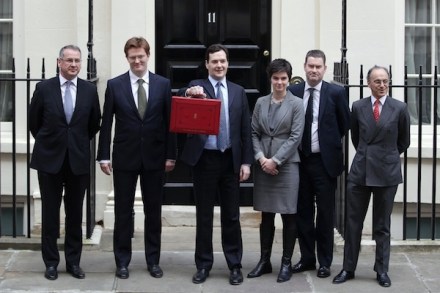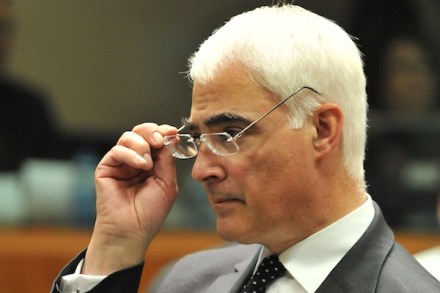Why do the Lib Dems love leaflets so much?
Polling analyst Mark Gettleson has a fascinating piece of research on ConHome today about the implications for the Conservatives of a collapse in the Liberal Democrat vote in 2015. In summary, it will be bad news for the Tories. Gettleson argues that in seats where the Lib Dems come third, those who had supported the party did so on the basis of national political messages. He says: ‘It is with these voters that an obvious left-right split becomes important – more precisely a Labour vs Coalition one. While Liberal Democrat voters who feel favourably towards the Coalition may well stick with Mr Clegg rather than leap to the defence of



















